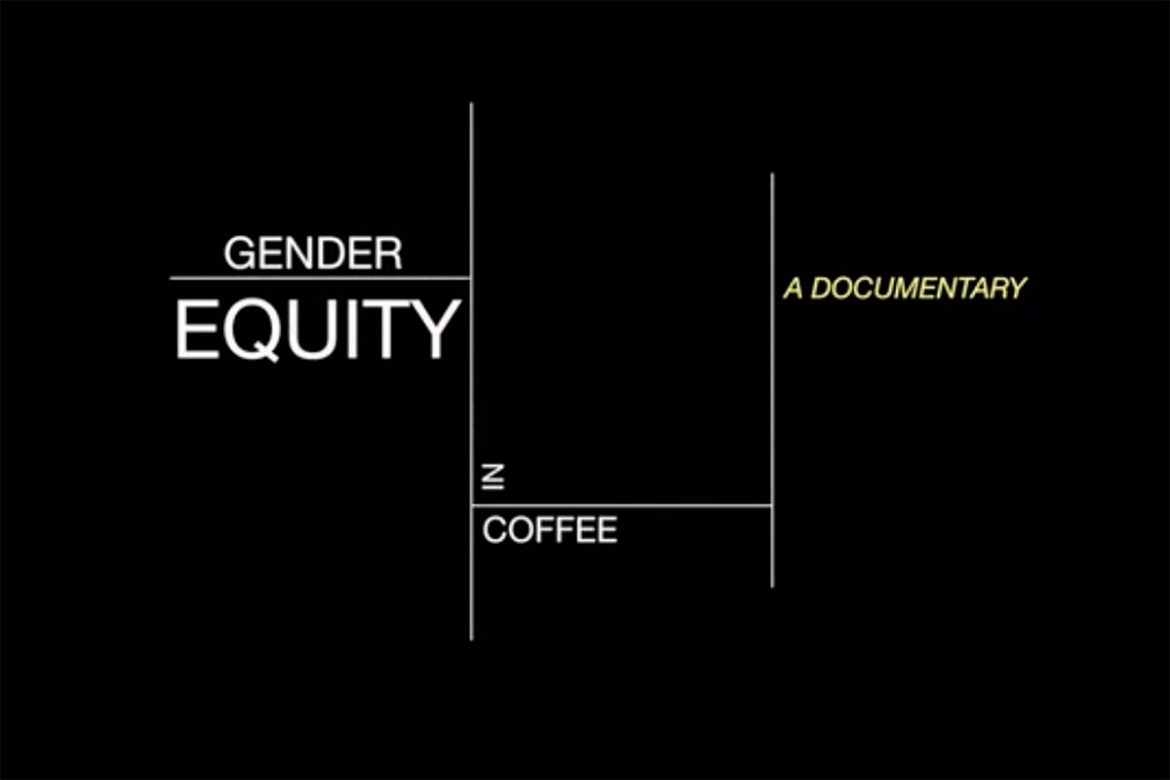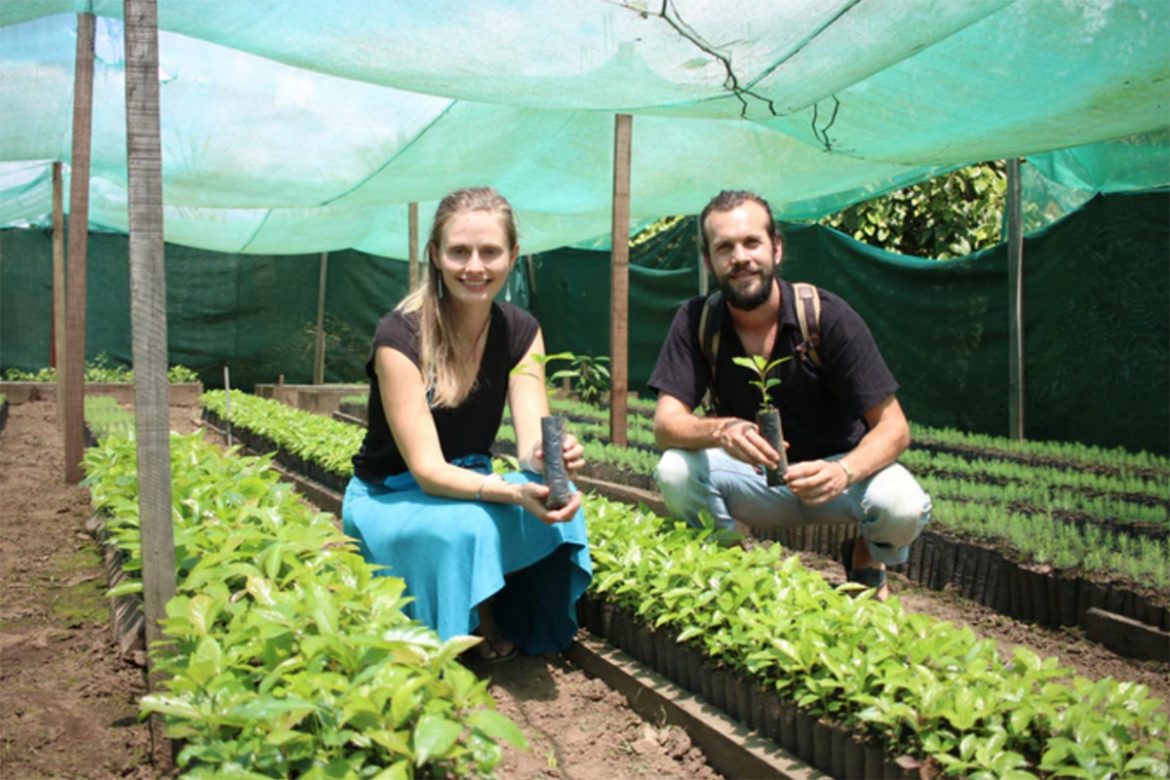
Since the Coffee Quality Institute launched its ground-breaking Partnership for Gender Equity in 2015, gender equity has rapidly become a stated goal for many in the specialty coffee industry—but what does gender equity really look like, person to person, from one end of the coffee supply chain to the other? Working with a vision to bring the concept of gender equity to the landscape of human interactions, filmmakers Xavier Hamon and Hannah Stapleton have launched a Kickstarter and plan to embark on a journey to craft a documentary exploring gender equity at all levels of the supply chain, from farm to warehouse to cafe.
As soon as their Kickstarter closes on December 24, Hamon and Stapleton will begin shooting their film, Gender Equity in Coffee: A Documentary, from either Mexico or Nicaragua, working closely with a coffee-producing organization involved in gender work through the Partnership for Gender Equity. Through the month of January, they’ll live with and document the daily lives of one coffee-producing family. Then, in February, they’ll start working their way up the coast from California to Washington, organizing events and capturing interviews with coffee workers from all sectors and demographics. They plan to premier their documentary in Seattle in April 2018.
It may sound like a tight timeframe, but this isn’t Hamon and Stapleton’s first time pulling off a film project together. Hamon, who also works as an agro-ecological consultant, worked with Stapleton, a visual and installation artist, last year to create a short feature film about young people in a coffee cooperative in the Sierra Nevada de Santa Marta, which was projected during the World Coffee Producer Forum in Medellin, Colombia, this past July.

Filmmakers Hannah Stapleton and Xavier Hamon.
For their gender equity project, Hamon says they want to focus solely on amplifying the voices of people involved with coffee on a daily basis, whether on farms or behind espresso machines. Their vision for the film is to encourage people to see gender dynamics with fresh eyes and become inspired to take real action toward achieving gender equity in coffee. “We talk about gender, we hear about the importance of it, but what does it look like? More than numbers, statistics, and quotes from pilot projects, the reality of being a woman or man producer escapes us, because it is not ours. We also hope that this film can bring a window of understanding for coffee families on what the gender discussions are in consuming countries.” One thing he wants to highlight and examine is that, for both producers and consumers, at every level of the supply chain, men and women are still not equal—why?
Hamon sees—and CQI’s research confirms—gender equity as an absolute necessity to the future and sustainability of coffee. “Why would you want to carry on your work if you are being disadvantaged, not recognized, and even humiliated,” he asks. “Because people need coffee for the start of the day, or for the pleasure it offers your taste buds?” To achieve sustainability, he says, communities need to have harmony, understanding of their interconnectedness, and mutual gains from working together; without gender equity, that isn’t possible and coffee can’t thrive. “Equity is the very fabric of the coffee community. It is important not just for sustainability but for ourselves, as human beings, all equal.”
More than just a way to gather the resources needed to produce the film, Hamon says that crowdfunding is a way to see if the coffee community will come together to sponsor something greater than any one person or company, through which, he says, he is already observing the strength and togetherness of the coffee community. To be a part of Gender Equity in Coffee: A Documentary, click here to track the project’s progress; if you want to donate, do so by Christmas Day and help this film meet its goal.
RJ Joseph (@RJ_Sproseph) is a Sprudge staff writer, the publisher of Queer Cup, and a coffee professional based in the Bay Area. Read more RJ Joseph on Sprudge Media Network.
The post A New Documentary On Gender Equity At Origin Needs Your Support appeared first on Sprudge.

